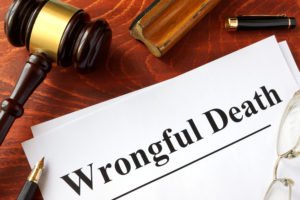
Nevada Revised Statute 41.085 is the state’s wrongful death statute. It spells out how a deceased accident victim’s estate and heirs can sue the at-fault parties for compensatory- and possibly punitive damages. Wrongful death lawsuits can be successful even if the at-fault parties did not face criminal charges. The text of Nevada’s wrongful death statute …

